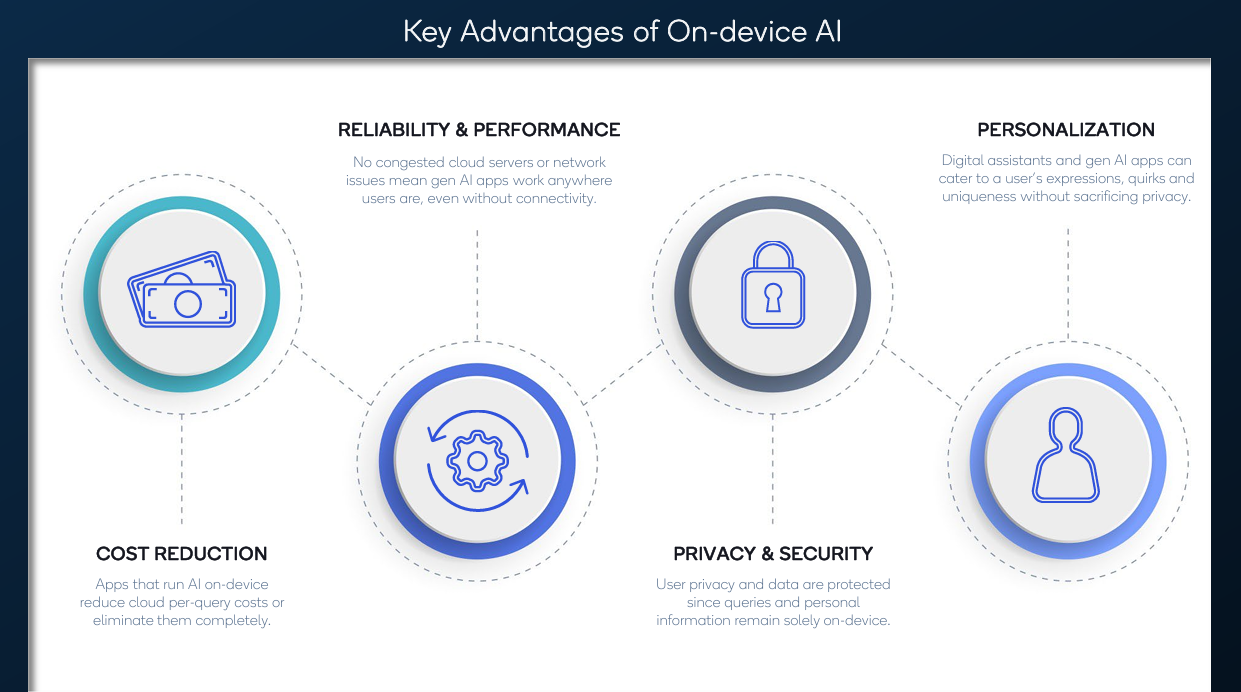What to expect in Android development landscape in 2025
3 min read

Android development ecosystem has improved a lot in last 2 years. Here are some trends we can watch out for in year 2025.
Rise of Kotlin
Google is actively pushing Kotlin as primary language of choice for Android developers and Java is taking a backseat. Kotlin is being adopted by many large companies for their Android codebase. The fact that it is interoperable with Java allows companies move to this new language more seamlessly.
Google has transitioned its own apps from Java to Kotlin. Meta has rewritten a lot of its apps in Kotlin and this trend is going to solidify 2025. Netflix has already moved to Kotlin. Uber and Pinterest are other two companies moving to Kotlin for their Android apps.
In 2025, Kotlin might see even wider adoption.

Jetpack Compose
In 2024 Jetpack compose was a major adoption in the form of Meta Threads. This beautiful and sleek app proved Jetpack’s ability to deliver excellent UI at scale. Google itself has not moved to Jetpack yet, but it has plans to use it for some of its apps.
Jetpack compose and Kotlin is a great combination to build excellent apps that are easy to read and maintain. Smaller companies and individual develops have already moved to Jetback Compose. However, the ecosystem of open source components and apps has been limited but in 2025 we can expect this to grow.
Gen AI Capabilities
Rise of generative AI means apps are now expected to have gen ai capabilities. This means we need new libraries to do AI on device as well as in the cloud. Generative AI presents both challenges and opportunities for app developers and Google is actively pushing Vertex AI which gives access to Gemini. Meta’s LLAMA model is also available for many app developers.
The biggest trend is going to be AI on device. New chips are being developed that can to complex inferencing on the device itself. This includes audio, video and text processing. This improves privacy as data does not leave the device.

Android XR
The Jetpack XR SDK lets you build immersive XR experiences using modern tools like Kotlin and Compose, as well as previous generation tools such as Java and Views. You can spatialize your UI, load and render 3D models and semantically understand the real world.
AR/VR/XR have not taken off despite push from Apple, Meta, Google and many others. It remains an area that companies are still exploring. Will 2025 be the year where it finally gets popular ? We will find out.

